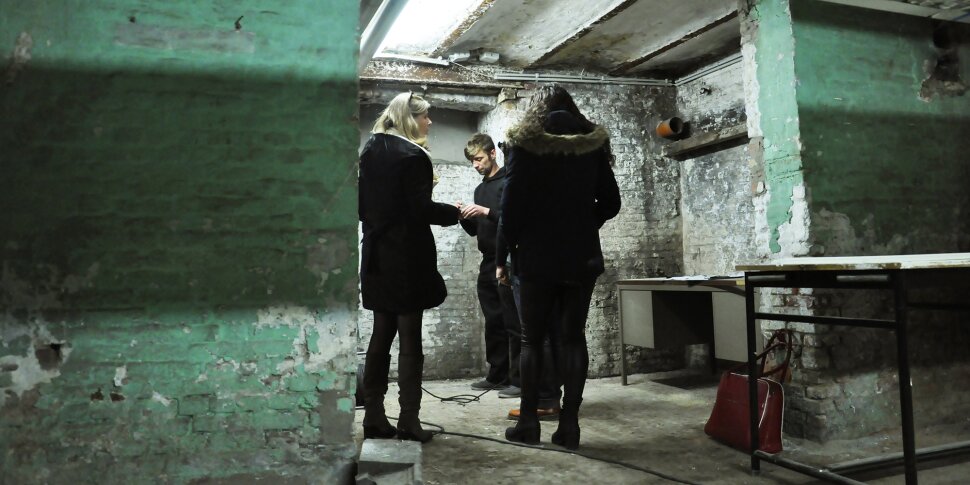Master of Heritage Studies
This programme is partly, and primarily, taught in Dutch and partly in English. Do notice that a series of courses are in English, and hence open for international students (eg in an Erasmus programme or as optional courses in a PhD programme or other programmes, or in the form of a credit contract).
Please contact us to learn about your possibilities.
Redesigned and updated programme
From the academic year 2022-2023 onwards, the two year master in heritage studies at the University of Antwerp is thoroughly redesigned and updated.
The combination of the quotes below from recent European policy texts can give a first impression of where we are heading and what we are doing.
Quotes from the preamble of the Council of Europe Framework Convention on the Value of Cultural Heritage for Society, Faro, 2005:
- ‘Recognizing the need to put people and human values at the center of an enlarged and cross-disciplinary concept of cultural heritage …’
- ‘Emphasizing the value and potential of cultural heritage wisely used as a resource for sustainable development and quality of life in a constantly evolving society …’
- ‘Convinced of the need to involve everyone in society in the ongoing process of defining and managing cultural heritage …’
- ‘Convinced of the soundness of the principle of heritage policies and educational initiatives which treat all cultural heritages equitably … ‘
Quote from the Council of the European Union, 2014:
- ‘Cultural heritage consists of the resources inherited from the past in all forms and aspects - tangible, intangible and digital (born digital and digitized), including monuments, sites, landscapes, skills, practices, knowledge and expressions of human creativity, as well as collections conserved and managed by public and private bodies such as museums, libraries and archives. It originates from the interaction between people and places through time and it is constantly evolving. These resources are of great value to society from a cultural, environmental, social and economic point of view and thus their sustainable management constitutes a strategic choice for the 21st century.’(Council of the European Union, 2014)
When considering and further developing these contemporary insights, it is easy to understand why and how the programme is changed. In the first master year a general introduction to the broad heritage paradigm is offered. In the second year (from 2023-2024 onwards) students can obtain the degree of master in science in heritage studies and they are able to opt for the following majors:
- Nature and Landscapes
- Built Heritage
- Archaeological Heritage
- Museum Studies
- Archives
- (Heritage) Libraries
- Safeguarding intangible heritage and ethnology
- Digital heritage
- Heritage and Policy
- Conservation-restoration of complex objects
Programme info
- 120 ECTS-credits
- Faculty of Design Sciences
- Stadscampus - Mutsaard
Admission requirements
- Direct: academic bachelor and/or master
- With a bridging programme: professional bachelor
